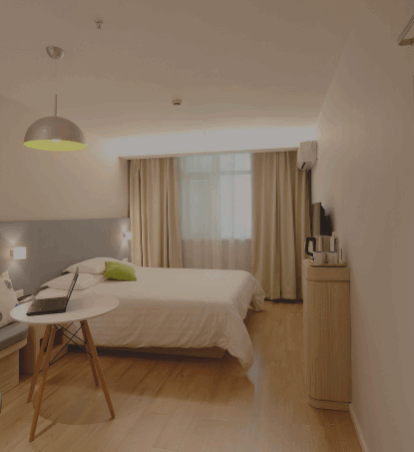#OverIt: Why hashtags aren’t what they used to be
We’ve all seen those social media posts crammed with every hashtag under the sun, desperately trying to get noticed. But do hashtags actually work anymore?
Once a staple of social media strategy, hashtags have lost much of their former power. Instagram no longer allows users to follow hashtags, TikTok’s algorithm prioritizes user behavior over metadata, and most platforms are moving toward AI-driven content discovery rather than hashtag reliance.
So what’s actually moving the needle now?
What matters more than hashtags in 2025?
- Strong hooks: If your content doesn’t grab attention immediately, no hashtag will save it.
- Engagement-driven content: Comments, shares, and saves hold more weight than a trending hashtag.
- Algorithmic recommendations: Social platforms now surface content based on user preferences and interactions, not just hashtag metadata.
How to use hashtags in 2025
While hashtags can still serve a purpose, overusing them can make your social media posts look cluttered and unprofessional.
- Messy captions: A wall of hashtags can overwhelm your message and distract from the actual content.
- Spammy appearance: Excessive or irrelevant hashtags can make your brand seem desperate for attention rather than engaging organically.
- Diminishing returns: Algorithms now prioritize valuable content over metadata, so stuffing posts with hashtags will not necessarily improve reach.
Should you ditch hashtags completely?
Not necessarily. While hashtags no longer guarantee reach, they still serve a purpose in niche targeting and paid media. Here’s how to use hashtags effectively:
- Be strategic: Use niche, relevant hashtags to connect with specific communities rather than broad, generic ones.
- Campaign-specific tags: Create unique hashtags for paid campaigns to track engagement and build a community.
- Platform-specific approach: Adapt your strategy based on where you are posting. LinkedIn still benefits from hashtags, while Instagram relies more on SEO-friendly captions.
- Quality over quantity: Stuffing posts with hashtags can look spammy. Stick to three to five well-chosen ones.
The future of social discovery
With AI-driven recommendations and keyword-focused searches, hashtags have shifted from being essential to optional. Instead of relying on them, focus on creating valuable, engaging content that naturally attracts attention.
Bottom line? In 2025, hashtags are no longer the key to social media success. They are just one small piece of the puzzle. Prioritize compelling content, audience engagement, and smart keyword usage to stay ahead.
Need a refreshed social media strategy? Let’s talk. Contact GCommerce Solutions today.





